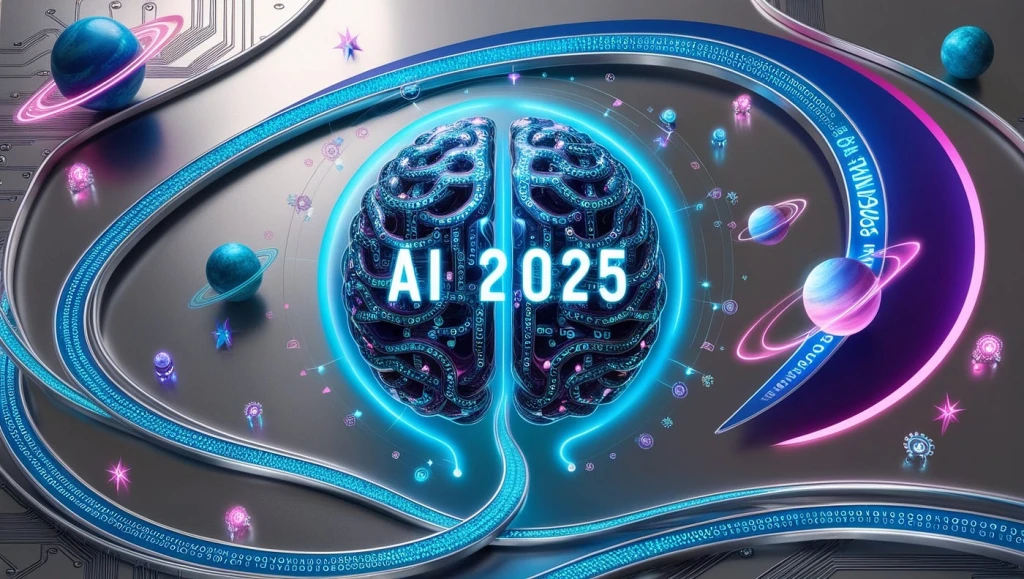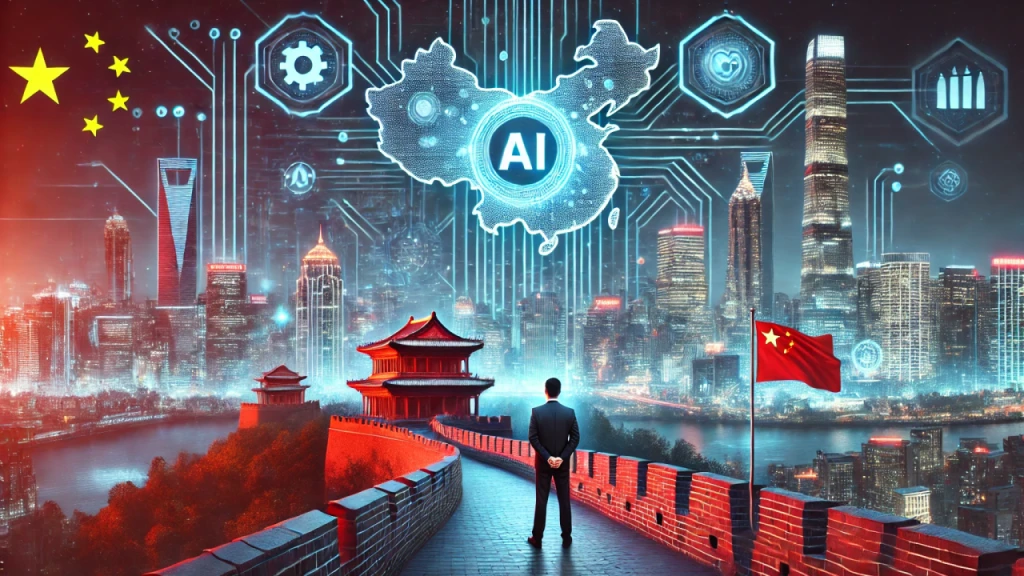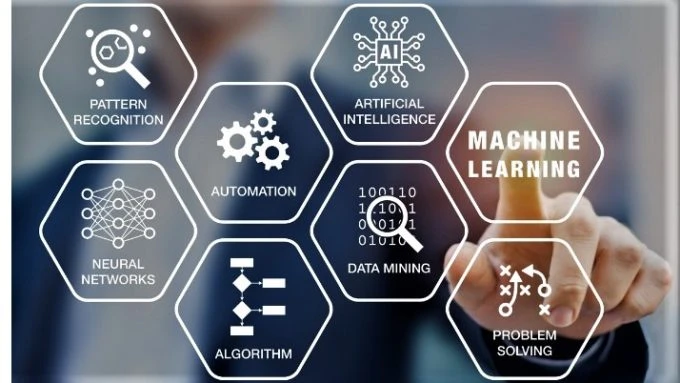Test AI on YOUR Website in 60 Seconds
See how our AI instantly analyzes your website and creates a personalized chatbot - without registration. Just enter your URL and watch it work!
1. Introduction: AI’s Evolution and the Road to 2025
This blog explores the key factor that will drive AI’s success in 2025 and beyond, influencing everything from innovation and trust to global adoption and regulatory compliance.
2. The Key Ingredient for AI Success in 2025: Ethical AI and Trustworthy Systems
1. Ethical AI Development and Responsible Innovation
AI must prioritize fairness, transparency, and accountability in decision-making.
Developers need to minimize bias and discrimination in AI models.
Ethical AI practices will define which companies lead the AI revolution and which fall behind.
2. Transparency and Explainability
AI decisions should be understandable and interpretable by humans.
Companies must provide clear explanations for AI-driven recommendations.
Trust in AI will grow as models become less of a 'black box' and more of an assistive tool.
3. Regulatory Compliance and AI Governance
AI regulations, such as the EU AI Act and U.S. AI guidelines, will set the standard for responsible AI.
Companies must comply with data protection laws like GDPR, CCPA, and AI-specific security frameworks.
Ethical AI governance will separate responsible AI adopters from companies facing legal and reputational risks.
3. Supporting Factors for AI Su
1. Advanced AI Computing Power and Infrastructure
AI models require high-performance chips (GPUs, TPUs, and custom AI accelerators).
Companies investing in AI supercomputing and cloud-based AI services will gain a competitive edge.
Quantum computing may start enhancing AI capabilities in optimization and complex problem-solving.
2. High-Quality and Diverse Data
AI systems rely on rich, unbiased datasets to produce accurate and fair results.
Companies must refine data collection and ensure diverse representation in training models.
Synthetic data generation will help overcome real-world data limitations.
3. AI Integration in Real-World Applications
AI will revolutionize industries such as healthcare, finance, retail, and cybersecurity.
AI-powered automation will enhance customer service, logistics, and supply chain management.
Human-AI collaboration will define AI’s role in workplaces, ensuring productivity without job displacement.
While ethical AI and trustworthiness will be the foundation, several supporting factors will also play a vital role in AI’s success in 2025. 1. Advanced AI Computing Power and Infrastructure AI models require high-performance chips (GPUs, TPUs, and custom AI accelerators). Companies investing in AI supercomputing and cloud-based AI services will gain a competitive edge. Quantum computing may start enhancing AI capabilities in optimization and complex problem-solving. 2. High-Quality and Diverse Data AI systems rely on rich, unbiased datasets to produce accurate and fair results. Companies must refine data collection and ensure diverse representation in training models. Synthetic data generation will help overcome real-world data limitations. 3. AI Integration in Real-World Applications AI will revolutionize industries such as healthcare, finance, retail, and cybersecurity. AI-powered automation will enhance customer service, logistics, and supply chain management. Human-AI collaboration will define AI’s role in workplaces, ensuring productivity without job displacement. 4. The Future of AI: What Lies Beyond 2025?
1. AI as an Augmentative Tool, Not a Replacement
AI should enhance human intelligence rather than replace critical thinking.
Human-in-the-loop AI systems will ensure better decision-making in high-stakes environments.
2. AI’s Role in Sustainability and Global Impact
AI-driven climate models will improve environmental sustainability efforts.
Ethical AI will bridge the gap between developed and emerging economies, democratizing access to technology.
3. Continuous AI Improvement and Self-Learning Systems
AI will become more adaptive and self-learning, reducing reliance on static training models.
Ongoing regulatory updates and AI safety research will shape AI’s trajectory beyond 2025.
5. Conclusion: The AI Success Formula for 2025
Beyond ethics, AI’s future will be shaped by cutting-edge computing power, high-quality data, and real-world applications. As AI continues to evolve, the emphasis must be on creating AI that benefits humanity while mitigating risks and ensuring long-term trust.
In 2025 and beyond, the AI leaders will not just be those with the most powerful models, but those who build AI that people trust.






